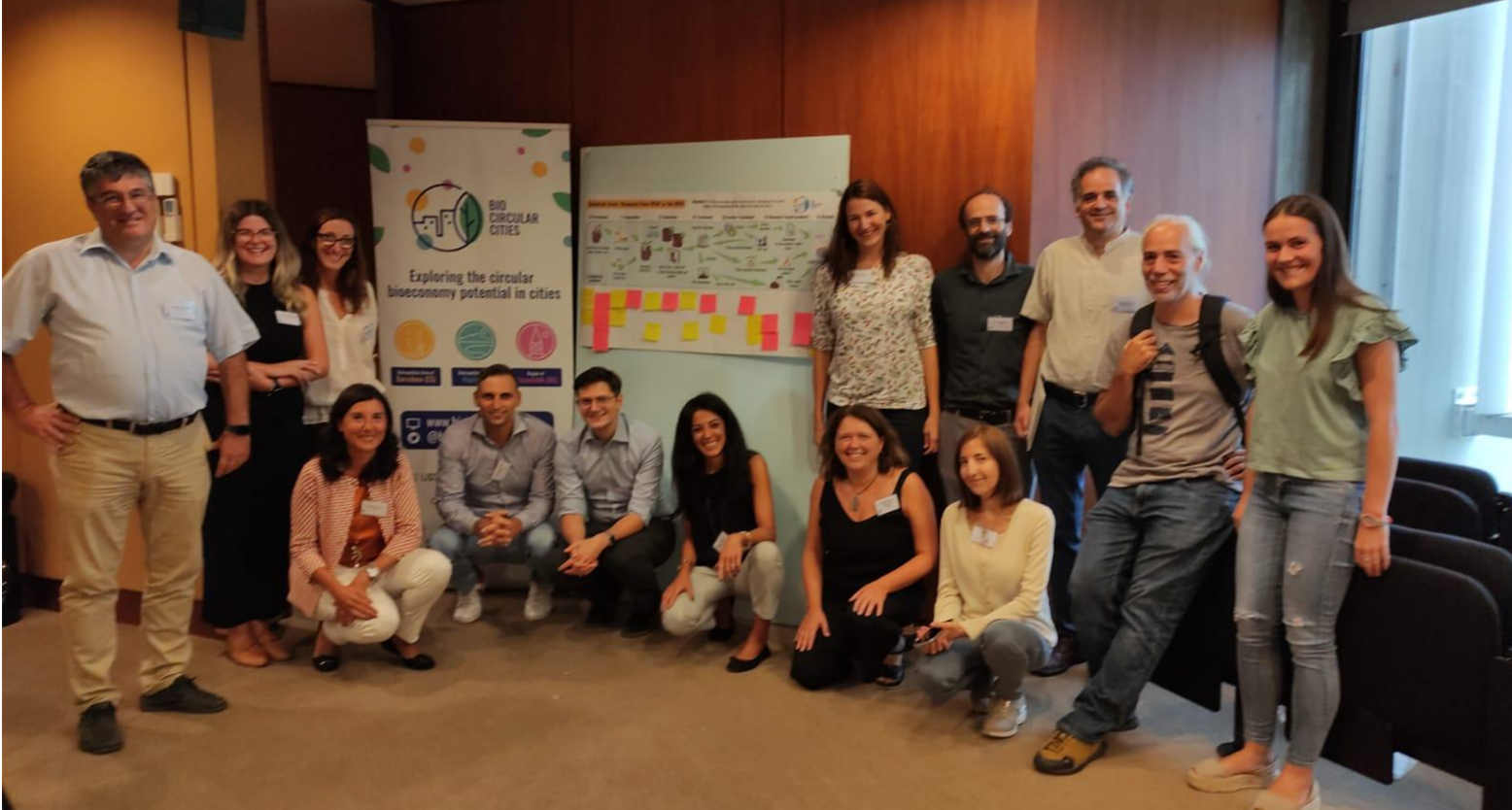For the first time, the members of the consortium met face-to-face during the General Assembly and exchanged views on the progress and future activities of the project.
During the 2nd Living Lab, participants from municipalities, private waste management companies, consultancies and universities worked together in dynamic group sessions to identify drivers and barriers of the biowaste chain in the Greater Barcelona area. The identified drivers and barriers were categorised as legal/administrative, technical, economic, environmental/health and social and weighted according to their prioritisation.
All discussion results are currently being analysed to be summarised in a fact sheet, a newsletter and a report. The aim of the BCC project is to make policy recommendations for the implementation of new bio-waste recovery pathways: for this, the input of local stakeholders is extremely important.
The BIOCIRCULARCITIES consortium consists of 8 partners located in six European countries: Spain, Italy, Belgium, Luxembourg, Estonia, and Bulgaria. In addition to Fundació ENT, the partners are complementary actors representing the public, industrial, research and socioeconomic sectors: two local public authorities (CMNA and AMB), a local non-profit association (REAP), a public research institution (ENEA), a research and technology organization (LIST), an international non-profit organization (ACR +) and an international SME (CE).


